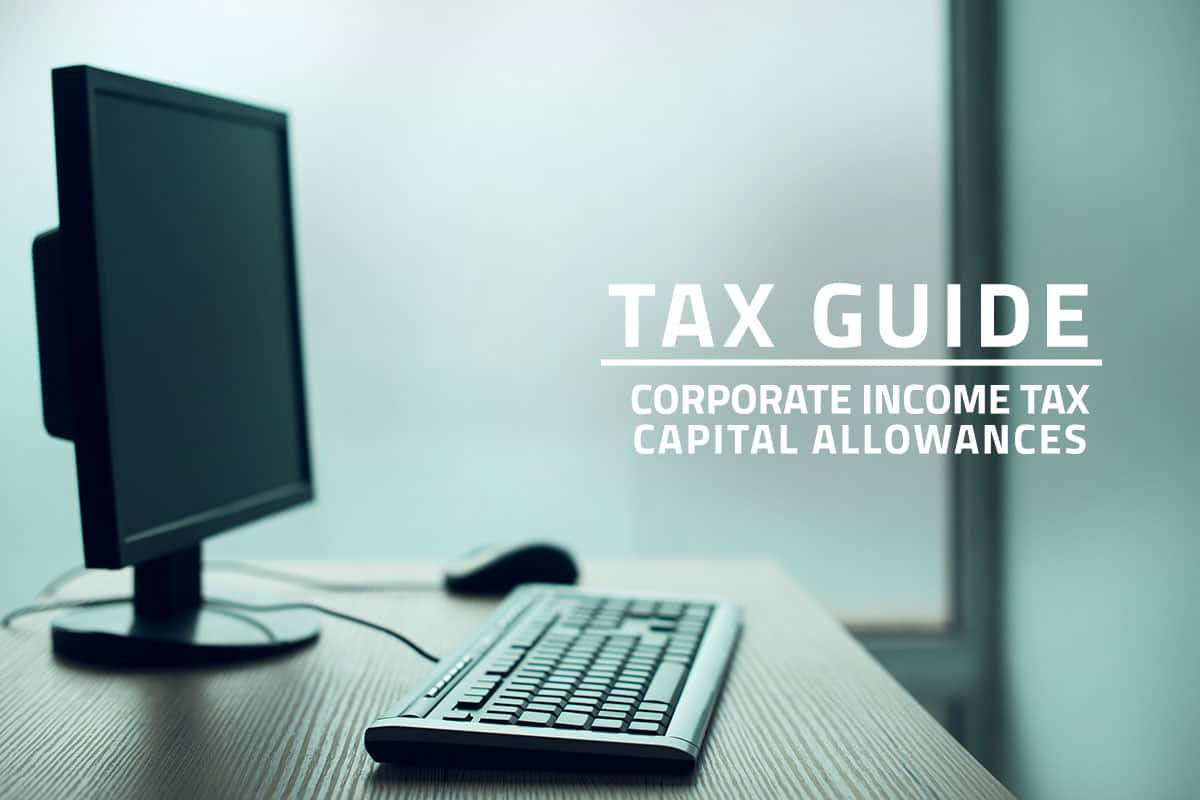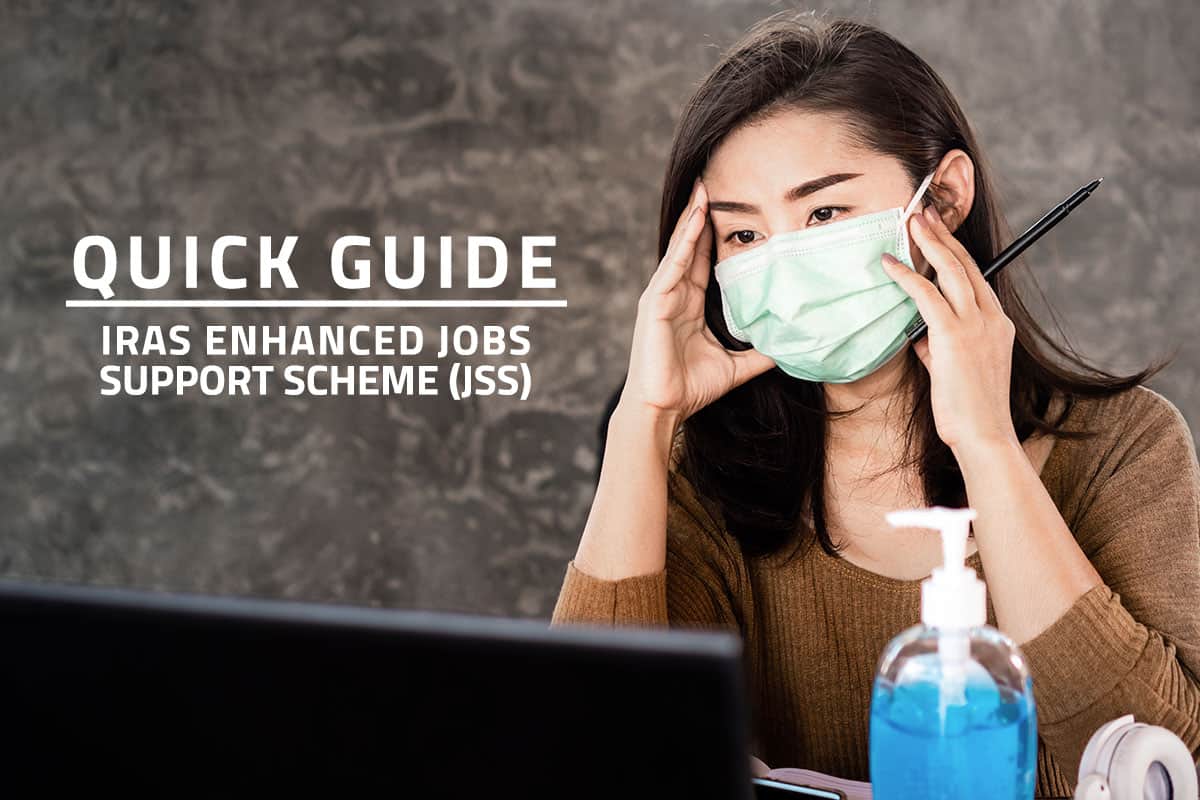In accordance with the Singapore Companies Act, private limited companies are required to have their financial statements audited by an auditor or public accountant at least once a year unless they pass the criteria for audit exemption. Proper records are required to be maintained by the company and be made available to auditors conducting the annual review and inspection.
Small Companies concept
In 2014, an amendment to the Companies Act changed the criteria for an audit exemption in Singapore and introduced the “small company” concept to Singapore audit requirements. By legislation, registered companies that meet the definition of “small company” are thus not required to have their financial statements audited. This provision was enforced and became effective for financial years starting from 1 July 2015 and also applies to all newly registered Singapore companies that meet the criteria elaborated below.

Small company audit exemption criteria
A company may be qualified as a small company if it is a private limited company. Listed companies are technically large corporations and automatically subject to the annual statutory audit requirement. Secondly, a company that meets any 2 out of the 3 criteria for the immediate preceding 2 consecutive financial years are considered small in accordance with the Act:
- The company’s total revenue is less than SGD 10 million
- The company’s total assets amount to less than SGD 10 million
- The company has less than 50 employees.
If a company is a subsidiary of another company or part of a larger group, the group should meet the above quantitative criteria on a consolidated basis for the past 2 financial years. For instance, if the consolidated revenue and assets of a group is SGD 5 million for both FY2017 and FY2018, a company that forms part of the consolidated group is deemed to be qualified as a small company and thus exempted from audit. In fact, if the group has 4 private limited companies in its shareholding structure, all 4 private limited companies are exempted from statutory audit.
A company may be disqualified from inclusion in the small company concept if it does not retain its private company status and for the last 2 financial years, it does not meet 2 out of the 3 stated quantitative criteria (ie. its revenue and assets exceeds SGD 10 million or the company has more than 50 employees). For example, a company retains its qualified small company status in FY2019 even if it fails the quantitative criteria test in FY2018 but passed the test in FY2017. Technically it does not meet the criteria for only 1 financial year. A company loses the small company status in FY2019 if it fails the test in both FY2017 and FY2018.
Quantitative criteria – definition
Revenue of a company refers to the sales amount generated from its main source of business activity as defined in the articles of association. Total assets would include properties, cash and trade receivables that are recorded in accordance with latest accounting standards. Number of Employees refers to how many full-time workers are employed by the company as recorded at the end of the company’s financial year.
Overseas holding companies may set up Singapore subsidiaries for local operations. For the purpose of determining small company status, the consolidated assets and revenue and employee numbers of the group involving foreign company as the holding company will be taken as the measurement basis for the quantitative criteria test.
Companies must be aware that these audit exemptions do not relieve companies from preparing financial statements and filing with ACRA. If a company wants to do away with financial statement preparation obligations it has to fulfil separate criteria.
Audit exemption provision as a cost advantage
Shareholders can potentially save statutory audit costs on one or more private limited companies incorporated in Singapore. A qualified corporate services provider may provide further technical elaborations on the audit exemption provision for your businesses.
Related Posts
Tax Guide: Singapore Capital Allowances
By law, all Singapore Companies are required to file annual income tax returns to the…
Quick Guide: IAS 20 – Accounting for Government Grants
This year, the COVID-19 crisis has adversely impacted the global economy. Singapore is no exemption,…
Singapore Guide: ISCA FRB 6 – Accounting for Jobs Support Scheme
This year, the COVID-19 pandemic has inevitably adversely impacted the global economy. Singapore companies and…
Quick Guide: Singapore’s Enhanced Jobs Support Scheme (JSS)
The Singaporean government launched the Jobs Support Scheme (JSS) in late April as part of…












